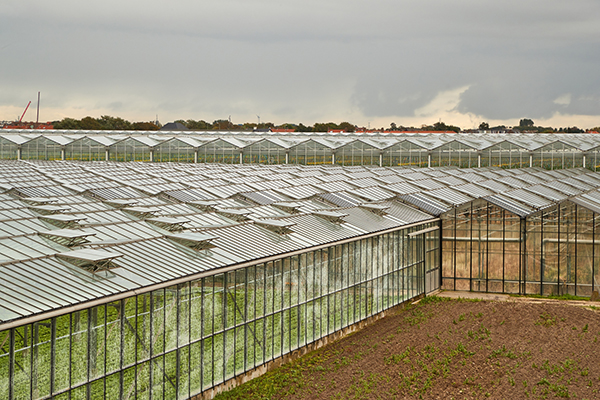It’s like the collective bad karma of the human species has finally come to haunt us all at the same time. Right when we thought that after two years of pandemic we could finally look forward to some normalcy, there comes an energy crisis to make sure we stay on our toes and keep some “excitement” in our lives.
It’s a good thing we have entered daylight saving time. With these soaring energy prices, we can use every ounce of daylight and as much warmth as we can get from it. We might not have been able to show off our skating skills on the Amsterdam canals, but that has been a blessing in disguise, else we would have found ourselves breaking into our piggybanks and looking for alternate sources of income just to pay our heating bills.
Why energy prices are rising
So what is causing the energy prices to rise by more than 86 percent in less than a year? And gas prices worldwide by nearly 350 percent? There is not one single reason, but several factors causing the crisis:
- You would think that a quick economic recovery after the Covid crisis would be a good thing, but apparently not. After a slowdown of almost two years, everyone around the world is gearing up their production to catch up with the demand, causing a massive increase in energy consumption.
- The world focus on climate change is putting extra pressure on the industry and the government to transition from fossil fuels to sustainable energy sources. However, this transition is taking its toll on the availability of energy.
- Russia’s invasion of Ukraine has caused major uncertainties surrounding the production and supply of gas. Though Russia’s gas is still flowing to Europe, according to a Russian foreign ministry official, the European Union will end up paying three times the usual price as a result of the sanctions against Moscow. The higher gas and electricity prices will be passed on to the consumers by energy suppliers.
Effects for consumers and businesses
It is always the consumers, isn’t it? Not only will you see a higher price at the gas pumps and on your heating bill, but also in increased grocery bills. After all, the transportation and storage costs for the same fruits and vegetables have risen spectacularly. Prices for building materials are skyrocketing as well, so if you are doing up your house, you will notice the increase.
However, the situation is much worse for businesses. According to ABN AMRO, high energy prices coupled with end of Covid support subsidies may cause 80,000 to 120,000 jobs to disappear. The bank foresees a 50% increase in bankruptcies, especially for the companies that rely heavily on energy consumption such as the chemical sector, greenhouse horticulture, refineries and the construction industry. While a number of sectors will try to pass on the increased cost to the end customer, the higher energy prices will also result in thinner margins for companies.
What is the government doing?
The more cynical among us will be quick to point fingers at the authorities, but they are doing what they can. The outgoing cabinet had already pulled out its wallet and increased the tax reduction on energy bills by 400 euros. Because of these tax reductions the total energy bill is “only” 86 percent higher for many households.
However, entrepreneurs, especially from sectors with thin margins like horticulture, who also have to compete with agriculture from warmer countries, find the energy tax reduction just a drop in the ocean. They fear that their profits will be wiped out and that they will have to pay for the energy costs out of their own profits. The Association of Professional Fryers has already reached out to the Ministry of Economic Affairs to come up with support measures. “Entrepreneurs are panicking,” says Frans van Rooij, the director. “The energy bill has already tripled and is expected to rise even more due to the war in Ukraine. A year ago, a neighbourhood cafeteria spent 1200 euros a month on gas and electricity, now it’s more than 3600 euros. To cover those costs, cafeterias, snack bars and other chip shops would have to raise their prices by at least 20 percent.”
What can you do?
Do you have a fixed-price energy contract? Then count your lucky stars. If not, try to reduce your energy usage. Consider investing in solar panels and better insulation. If you use central heating, turn down the notch a little. Put on that extra jumper and save on the heating. Do not try to switch energy providers; there are no better offers at this point, so stick with your current provider. Switching will just increase your cost.
Sadly, until the conflict in Ukraine gets resolved, there seems to be no end in sight to this global predicament. Hang tight and hopefully with the warmer days approaching we should be able to ride this crisis out too.
Written by Priyanka Sharma
